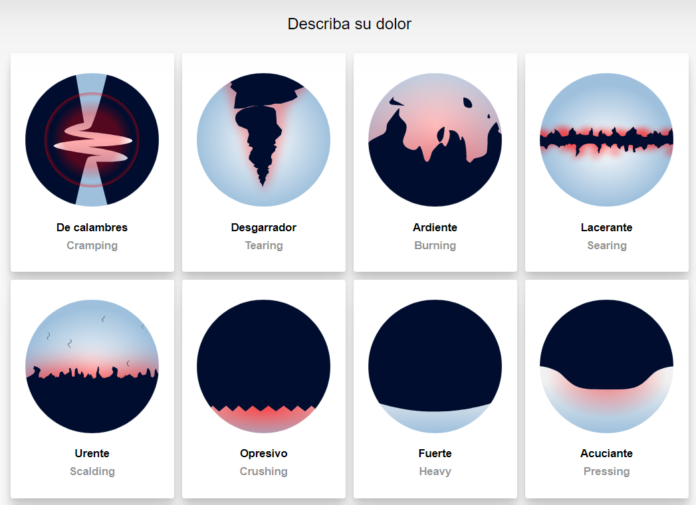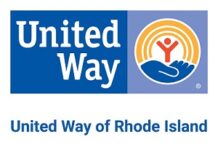
PROVIDENCE – For patients in the emergency room, a language barrier can be deadly – According to the Journal of Research, patients who don’t speak English have a 75% higher chance of dying in this setting.
The Rhode Island School of Design’s Center for Complexity is working to bridge this critical communication gap with Say Your Pain, a new tool described as a “universal pain translator” designed to help patients and health care providers to better communicate across language barriers.
The technology, developed in collaboration with Seattle-based global creative agency WongDoody, aims to ease the translation of terms commonly used to diagnose medical conditions, such as “throbbing,” “stabbing,” “dull” and “tingling,” when a human translator isn’t available.
A web interface translates these terms from English into three different languages, alongside an animation intended to provide a visual representation of the symptoms.
“WongDoody has been our partner in navigating complexity and exploring how technology can enhance human experience and communication,” said Justin W. Cook, founding director of the Center for Complexity.
“Our aim, starting with pain, is to dive directly into the cultural, social and environmental factors that are at the core of human health and develop solutions that make good health and wellbeing available to everyone,” he continued. “This is critical work in our efforts to achieve health equity.”
The tool currently supports three languages: Mandarin, Spanish and Ukranian, which developers chose to focus on first based on the relative size of communities speaking these languages, and the increase in Ukranian refugees due to Russia’s invasion of the country.
Designers, bilingual creatives and more than 30 medical professionals collaborated to develop the technology.
The free tool can be accessed at sayyourpain.com throughout the U.S. and Canada and is compatible with most connected devices, according to RISD.
Jacquelyn Voghel is a PBN staff writer. You may reach her at Voghel@PBN.com.












